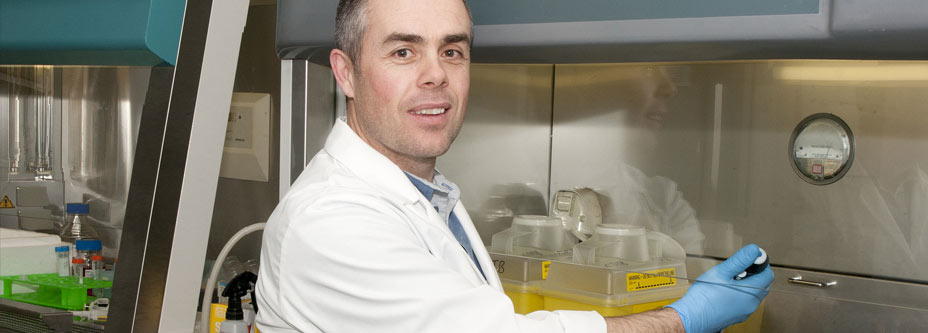
Genetic interpretations
Genetic testing of BRCA1 and BRCA2 genes has become common practice for patients with a strong family history of either breast or ovarian cancer.
Such tests can be helpful to identify those who have harmful mutations because they can then consider preventive strategies.
Information from genetic tests can also reassure family members who do not have these harmful mutations. However, a significant proportion of tests result in the detection of a genetic change for which disease association is uncertain.
Dr Logan Walker is a principal investigator in the Mackenzie Cancer Research Group, based at the University of Otago, Christchurch. He is also the sole New Zealander in the global collaboration ENIGMA (Evidence-based Network for the Interpretation of Germline Mutant Alleles). ENIGMA is leading the world in determining whether these genetic changes increase the risk of cancer.
Walker and his international colleagues recently developed guidelines to help doctors and genetic counsellors better interpret ambiguous genetic test results.
The guidelines were developed using published data from BRCA1 and BRCA2 gene tests, but could be applied to any disease-associated gene. Laboratories around the world have already begun to use these guidelines.
